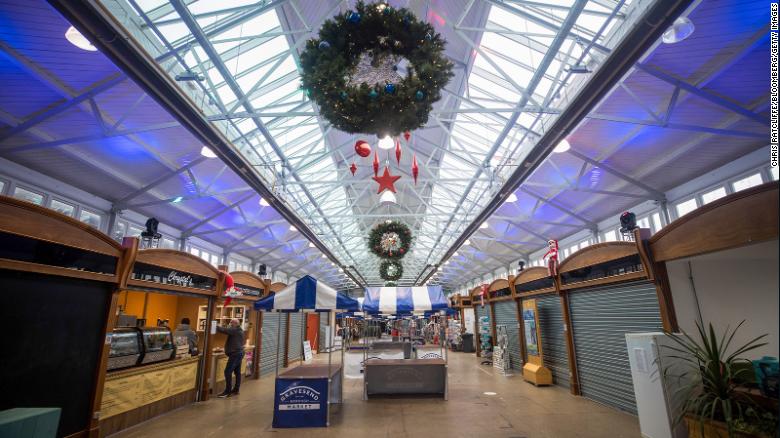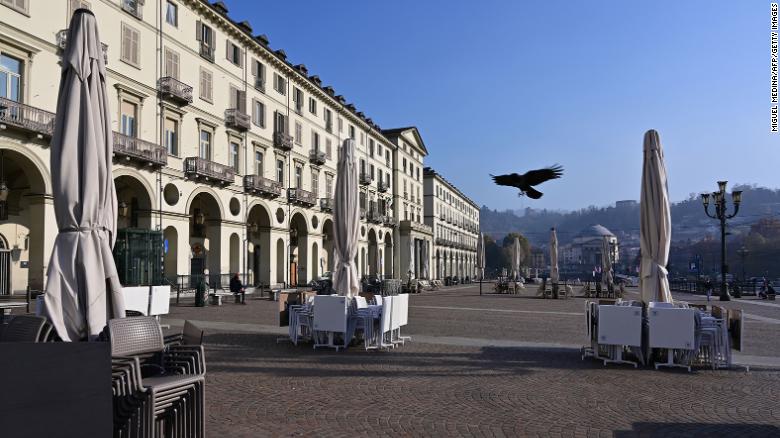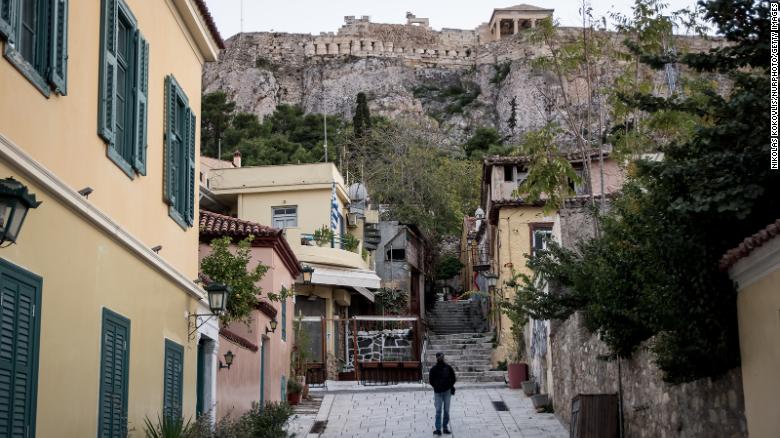Daniel Boffey in Brussels DEC 10, 2020 THE GUARDIAN
The Netherland’s national art institution, the Rijksmuseum, will open its first major exhibition telling the stories of slaves and the Dutch people who enslaved them, as its director backed a government initiative to return thousands of looted treasures to former colonial lands.
 \
\Using 140 objects, ranging from two Rembrandt portraits of slave owners borrowed from the Louvre to a display of ankle chains used to keep people captive, the exhibition will examine 10 lives caught up in the Dutch slave trade between the early 17th century and 1863, when it was finally made illegal in Suriname and the Antilles.
During an online press conference, curators at the museum noted the significance of the groundbreaking exhibition, following a year in which the killing of George Floyd in the US by a police officer sparked global protests. But also this year the Dutch prime minister, Mark Rutte, refused to apologise for his country’s colonial past, claiming it would be “too polarising”.
“Slavery was an essential component of the colonial period in the Netherlands and many generations have suffered unimaginable injustices as a result,” he said. “We felt that slavery is of great importance to our society today. Black Lives Matter shows the urgency that this subject is addressed.”
One of the lives featured is a slave called Wali who, along with 255 others, attempted to flee a Surinamese sugar plantation only to be caught and sentenced to be slowly burned alive. He was given a reprieve for fear of a wider uprising, but Wali died a slave.
The exhibition also looks at the story of Marten Soolmans and Oopjen Coppit, who were painted by Rembrandt in all their finery in 1634. Soolmans’ wealth came from a refinery in Amsterdam that sourced its raw sugar from plantations using enslaved labour in Brazil.
Valika Smeulders, the head of the department of history at the Rijksmuseum, said: “I’ve been working on slavery history for years, and to be able to do this from the national museum of the Netherlands was a really a beautiful chance to think through how you do this for an entire country where people don’t agree necessarily on how to deal with this history.”
The exhibition will run from 12 February to 30 May 2021 in 10 rooms featuring the trans-Atlantic slavery in Suriname, Brazil and the Caribbean, and the part played by the Dutch West India Company and Dutch colonial slavery in South Africa and Asia, where the Dutch East India Company operated.
Smeulders said: “We will be telling you, not just through objects, but also through oral history. Old songs and old interviews recorded in the early 20th century of people who talk about their ancestors their grandparents, so that already takes you back to the 18th century.”
Thu., December 10, 2020

AMSTERDAM — To tell the troubling story of the Netherlands' deep historical links to the slave trade, the country's national museum is making it personal.
The Rijksmuseum will open a major exhibition on the subject in February, bringing slavery to life by pulling into sharp focus the lives of 10 people, from a man enslaved in Ghana and transported to work in Brazil, to a wealthy Amsterdam socialite whose portrait was painted by Rembrandt van Rijn.
Work on the exhibition started in 2017, long before the Black Lives Matter movement swept the world this year and acted as a catalyst for debate on racial inequality following the death of Black man George Floyd at the hands of police in Minneapolis on May 25.
“Black Lives Matters shows the urgency that this subject is addressed," the museum’s general director, Taco Dibbits, said Thursday in an online presentation unveiling details of the exhibition.
“Slavery was an essential component of the colonial period in the Netherlands, and many generations have suffered unimaginable injustice as a result,” Dibbits added. “The past has long been insufficiently examined in the national history of the Netherlands, including at the Rijksmuseum.”
The stories of 10 lives spread across 10 rooms of the museum span some 250 years of Dutch colonial history and four continents — Europe, Asia, South America and Africa. Exhibits range from the grim: a set of rusty iron shackles and a wooden frame that was used to hold slaves captive by their ankles, to the gaudy: a portrait of a Dutch East India Company trader, his family and — in the shadows behind them — two of their slaves.
The exhibition scheduled to open Feb. 12 comes in a year when the Amsterdam municipality will be considering making a formal apology for its role in the slave trade. Many of the grandest houses that line the Dutch capital's historic canals were funded by profits generated at least in part by the use of slaves in plantations from Brazil to the Dutch East Indies, the country now known as Indonesia.
The municipality already is staging an exhibition focusing on the city and its relationship to the slave trade at City Hall.
With the likelihood of visitor numbers still being restricted early next year, the Rijksmuseum will also make its exhibition available in an online form to help it reach as wide an audience as possible. In the museum itself, about 70 objects that are not part of the exhibition will also be given a second label highlighting their links to slavery.
“We hope that through those individual stories, you see the universal relevance of this history, because this is history that we have not left behind yet," said Valika Smeulders, the museum's head of history. "The discussions that come out of this history are relevant until today.”
___
Corder reported from The Hague, Netherlands.
Mike Corder And Peter Dejong, The Associated Press
ERIC WILLIAMS Capitalism and Slavery
ERIC WILLIAMS from Capitalism and Slavery [19441 -----ERIC WILLIAMS (1911-1981) was born in Trinidad and Tobago, where he did his undergraduate work. He received his doctorate in history from Oxford and taught at Howard University in the United States before returning to his country. He led Trinidad and Tobago to independence within the British Commonwealth in 1962 and served as both …













